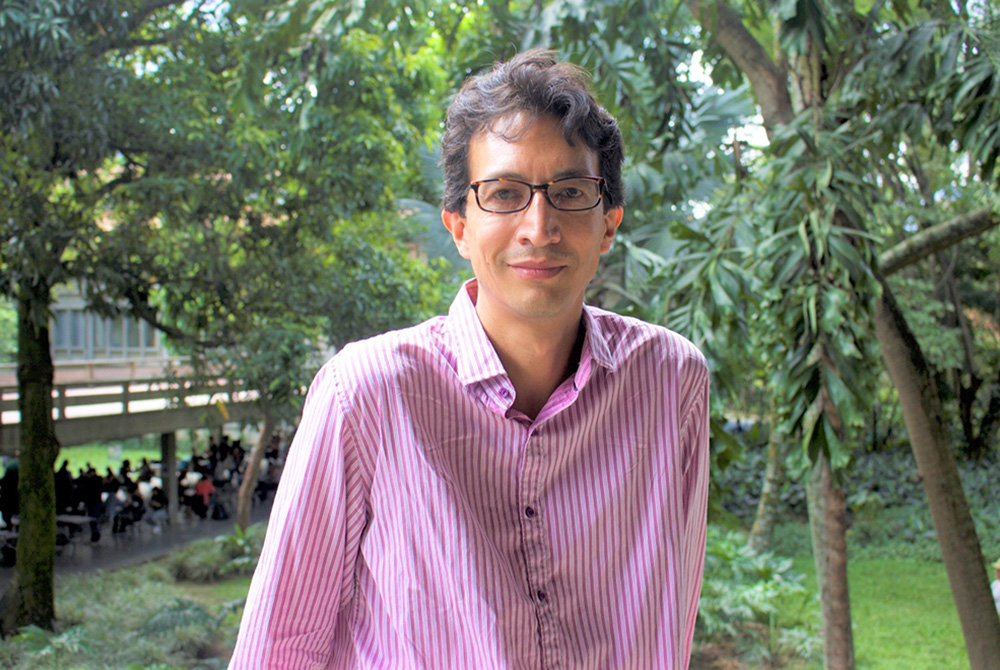The Human Rights Research & Data Hub invites you to a virtual workshop which examines how scholars and practitioners use narrative and testimony to investigate social phenomena which are rendered invisible by more traditional research methodologies.
What’s Business Got to do With It? The Role of the Private Sector in Transitional Justice and Peacebuilding
February 22, 2024 | 12:00 PM - 1:15 PM | Online
Co-sponsored by Human Rights Research and Data Hub (HuRRD)
Businesses of all sizes play many roles in armed conflict, repression and other situations that lead to widespread human rights violations. Yet, when the violence ends and the arms are put down, only a handful of governments have considered how to involve companies in their transitional justice processes. This paper offers a taxonomy to help classify the different types of roles that companies play in episodes of the break-down of the rule of law and violent conflict and argues that this approach encourages governments to widen their focus to include the private sector in forward-looking peacebuilding processes such as community reconciliation, collective reparations, institutional reform, and even development.
Filling the Gaps: Measuring Respect for Children’s Rights around the World
February 23, 2024 | 12:00 PM - 1:00 PM | Hybrid
Co-sponsored by Economic and Social Rights Group (ESRG)
The United Nations Convention on the Rights of the Child (CRC) is the most widely ratified international human rights treaty in history. Despite broad international support for the norms outlined within the treaty, children’s rights around the world fail to be fully respected. Three decades after the CRC entered into force, it is more important than ever to hold states accountable to their treaty obligations. To do this, we must have a clear and comprehensive metric of how well states are meeting the obligation to respect, protect, and fulfill children’s rights. Thus, in this project, we develop a new measure of children’s rights that incorporates the themes outlined in the CRC.
Petitioning for Progress: How Victims of Human Rights Abuse Participate in the United Nations
January 25, 2024 | 12:030 pm - 1:45 pm | In-person
Join us for lunch and to hear author Rachel Schoner discuss how victims of humans rights abuse participate in international politics and what effect they have on respect for human rights.
‘We, the Data: Human Rights in the Digital Age’ Discussion with Author Wendy Wong
October 3, 2023 | 2:00 pm - 3:30 pm | Hybrid
Co-hosted by the Economic & Social Rights Program, Business & Human Rights Initiative, Engineering for Human Rights Initiative, Human Rights Research & Data Hub, and the UConn School of Law
Presenter: Prof. Wendy Wong, The University of British Columbia
Political scientist Wendy Wong rallies for extending human rights beyond our physical selves and rebooting rights in our data-intensive world.
Ethical Dilemmas: Corporate Response and Market Reaction to the Russia-Ukraine War
September 19, 2023 | 12:30 pm - 1:45 pm | Hybrid
Co-hosted by the Business & Human Rights Initiative, Economic & Social Rights Program, and Human Rights Research & Data Hub
Presenter: Prof. Lingling Wang, UConn School of Business
Discussant:
Bennett Freeman, Principal, Bennett Freeman Associates LLC
In this Business & Human Rights Workshop, join Lingling Wang (UConn School of Business) for a presentation and discussion on the ethical considerations for foreign companies operating in Russia in essential human needs industries.







